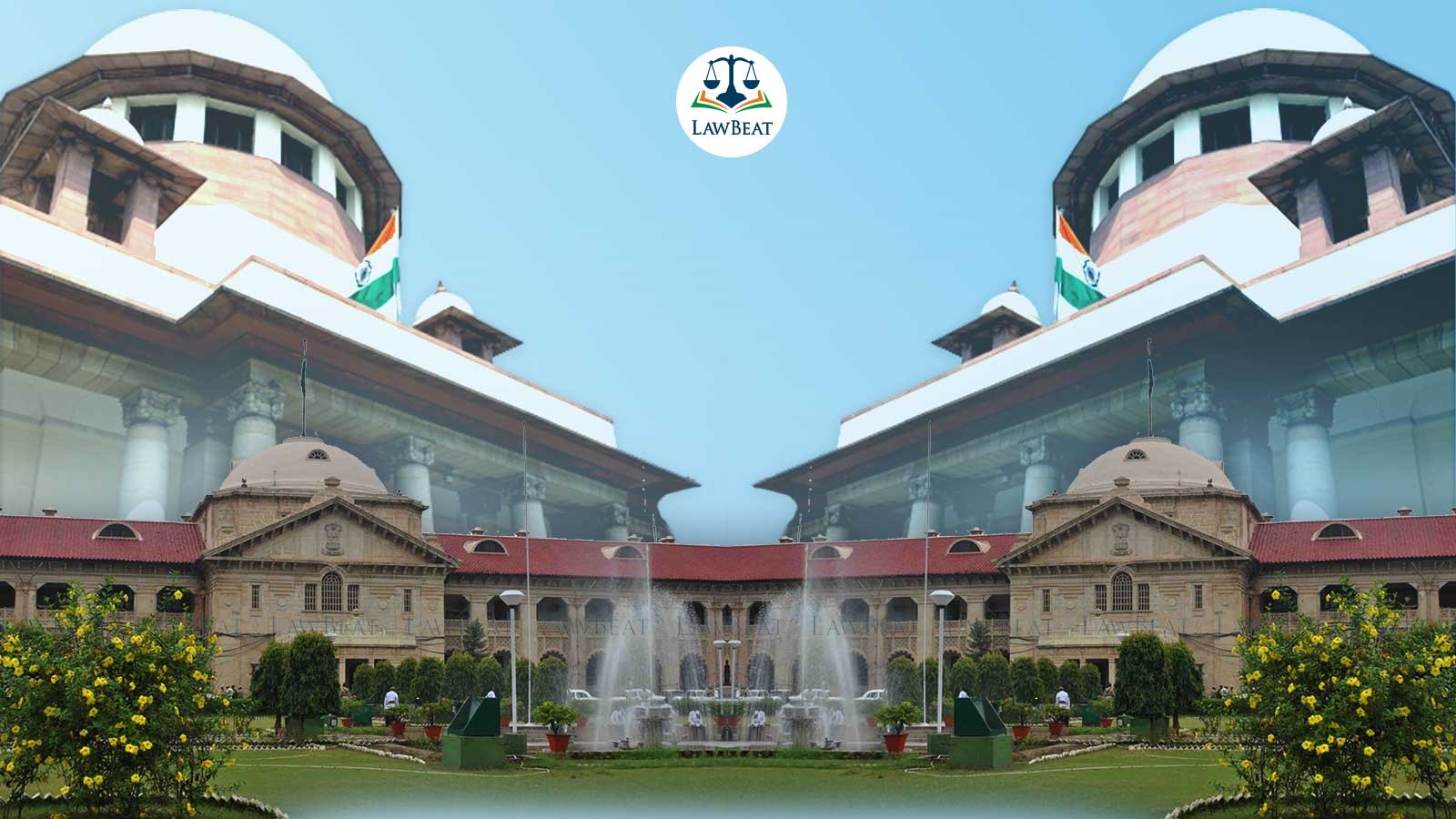'Not required in bail matter': SC expunges Allahabad HC's 'Majority Will Become Minority' Remark

The high court had said that if this process (illegal religious conversions) were allowed to continue, the majority population of the country could one day become a minority, and such religious congregations, where conversions were taking place, should be immediately stopped to prevent the changing of citizens' religion
The Supreme Court on September 27, 2024, held that the Allahabad High Court’s recent remark—that the majority population in the country could become a minority if illegal religious conversions through congregations were not curbed—was unnecessary in a bail case and would not be used in any future court proceedings across the country.
"We clarify that the general observations made by the High Court had no bearing on the facts of the present case and were, therefore, not required for the disposal of the case. The observations, therefore, shall not be cited in any other case or proceeding in the High Court or in any other court," a bench of Chief Justice of India D Y Chandrachud and Justice Manoj Misra ordered.
While hearing a plea by Kailash, an accused charged with taking villagers to Delhi for conversion to Christianity, the Supreme Court upheld its August 27 order, confirming the petitioner's release on bail.
"Bearing in mind that the petitioner was in custody since 21 May 2023, the charge-sheet has been submitted on 19 July 2023, we confirm the order dated 27 August 2024 enlarging the petitioner on bail, subject to the terms and conditions already specified. However, the petitioner shall cooperate in the investigation," the bench said.
The counsel for the petitioner had flagged the issue of observation by the high court, which made the top court to pass the instant order.
An FIR was registered against the petitioner for offences punishable under Sections 3 and 5(1) of the Uttar Pradesh Prohibition of Unlawful Conversion of Religion Act, 2021 and Section 365 of the Indian Penal Code, 1860 at Police Station Maudah, District Hamirpur, Uttar Pradesh.
Allegedly, one Ramphal, brother of the informant Ramkali Prajapati was taken by the applicant- Kailash from Hamirpur to Delhi for attending a social gathering and ceremony for his well-being.
According to the FIR, many persons from the said village were taken to similar social gatherings and were converted to Christianity. Allegedly, the applicant had promised the informant that her brother who was suffering from mental illness would be treated, and shall be returned to his native village, within a week. When the brother of the informant did not return after a week, she asked the applicant why her brother had not returned, however, she did not get any satisfactory reply.
On July 1, 2024, the high court's Justice Rohit Ranjan Agrawal declined the bail plea by the petitioner.
The high court had noted that there were serious allegations against the applicant made by the informant. The court had remarked, "It had come to the notice of this court in several cases that unlawful conversions of individuals from SC/ST and other economically disadvantaged castes into Christianity were occurring at a rampant pace throughout the State of Uttar Pradesh."
The high court had further stated that if this process were allowed to continue, the majority population of the country could one day become a minority, and such religious congregations, where conversions were taking place, should be immediately stopped to prevent the changing of citizens' religion.
"It is against the Constitutional mandate of Article 25 of the Constitution of India which does not provide for religious conversion, it only provides freedom of conscience and free profession, practice and propagation of religion," the high court had said.
Case Title: Kailash Vs State of Uttar Pradesh
